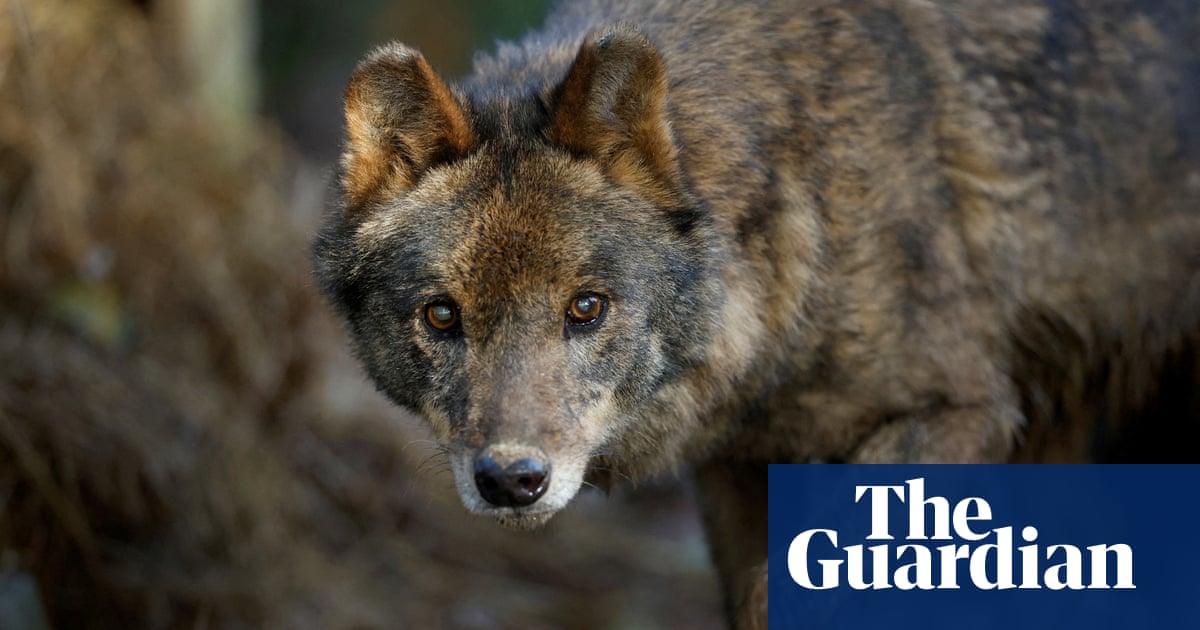Spain Votes to Lift Wolf Hunting Ban Amidst Controversy
The move has significant implications for Spain's wildlife and the broader debate on conservation, highlighting the need for evidence-based decision-making and a more nuanced approach to managing human-wildlife conflicts.

The Spanish parliament has passed an amendment to lift the ban on wolf hunting, citing the need to reduce food waste caused by the animals' attacks on livestock, despite criticism from environmental groups and concerns over the decision's scientific basis.
The amendment, which was supported by a coalition of conservative and nationalist parties, including the People's Party, Vox party, and Basque and Catalan nationalists, claims that wolves are responsible for killing 14,000 sheep and cattle annually, resulting in 14m kg of meat waste. However, critics argue that these figures are not backed by scientific evidence and that the decision is driven by political opportunism rather than a genuine concern for reducing food waste.
Environmental groups, including WWF Spain, have strongly opposed the move, with WWF Spain calling it "a dark day for nature conservation." The organization and other critics argue that the decision undermines efforts to coexist with wildlife and that there are more effective and humane ways to address the issue of livestock attacks, such as implementing non-lethal deterrents and compensating farmers for their losses.
The lifting of the ban on wolf hunting in Spain has sparked a heated debate about the balance between human interests and wildlife conservation, with many questioning the motivations behind the decision and its potential impact on the country's ecosystem.